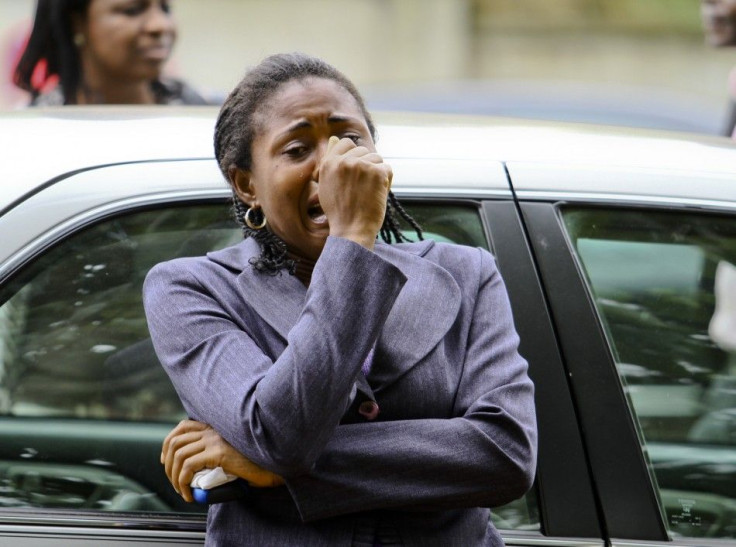Al-Qaeda in Nigeria: Has the Group Found a New African Foothold?
Analysis

On Thursday, Nigerians gathered to mourn at the grave sites of the 23 people who died in the bombing of a United Nations building in Abuja last week.
So far, the State Security Service has arrested two home-grown militants for the attack and detained a third man, Mamman Nur. According to authorities, Nur has ties to al-Qaeda and is thought to have been training with al-Shabaab in Somalia before masterminding the attack in the Nigerian capital last Friday.
While discussions in the United States indicate that al-Qaeda is nearing its end, the suspected presence of the group in Nigeria is worrying analysts. Al-Qaida already backs al-Shabaab, the paramilitary Islamic group that has de facto control of Somalia's southern states. A link to Nigeria, which is not only an oil producing nation, but also Africa's most populated country, could invigorate and perhaps shift al-Qaeda's power.
Nigeria is currently suffering from an unprecedented wave of violence. The group responsible for the UN bombing has unleashed a number of attacks on government installations, as well as civilians, since President Goodluck Jonathan was sworn into office on April 18, 2011, immediately after which 800 people were killed.
In the months following, hundreds more died at the hands of these insurgents, and the number is still steadily rising. Known as Boko Haram, the rebel group consists of Islamist militants who aim to make Nigeria a Muslim nation. The name Boko Haram translates into Western education is a sin, and the group comes from northern Nigeria, which has a number of regions already operating under Sharia law.
Boko Haram wants to establish god's kingdom on earth through Islamic institutions, and establish sharia in all the states in Nigeria, says Council on Foreign Relations' John Campbell.
However, an al-Qaida connection to one Nigerian bombing may not be as serious as many think. Militancy in Nigeria is very real, but according to Campbell, the name Boko Haram is actually one used by the government to label the insurgents inside its country, and not the name of any formal body.
It's quite likely that Boko Haram in one city is different than Boko Haram in a different city, Campbell, who is the Ralph Bunche Senior Fellow for Africa Policy Studies at the CFR, told IBTimes.
There's no central organization or leadership. It's not a coherent group, he added.
Boko Haram lacks the structure to be a serious threat outside of Nigeria, even with the support of al-Qaeda. Of course, much depends on the actual strength of al-Qaeda. It is unlikely that Boko Haram will be able to influence the Sunni militant group in any significant way, but if al-Qaeda's potency and its funds are larger than expected, it could provide Boko Haram with the resources needed to permanently destabilize Jonathan's government.
More important to the future of Nigeria is not the link between Boko Haram and al-Qaeda, but the link between Boko Haram and the Nigerian people. Popular support, which the group currently has in the Muslim north of Nigeria, will do far more for Boko Haram than any international connection will.
The local people love us, they support us and the locals will never betray us because they believe in our cause, Boko Haram said in a statement.
Stopping Boko Haram, as well as curbing al-Qaeda's influence in yet another African nation, will be impossible as long as Northerners believe in the cause. Currently, Jonathan is fighting Boko Haram both militarily and diplomatically. Only time will tell if the efforts are successful, but currently, al-Qaeda is less worrisome then the country's domestic unrest.
© Copyright IBTimes 2024. All rights reserved.





















